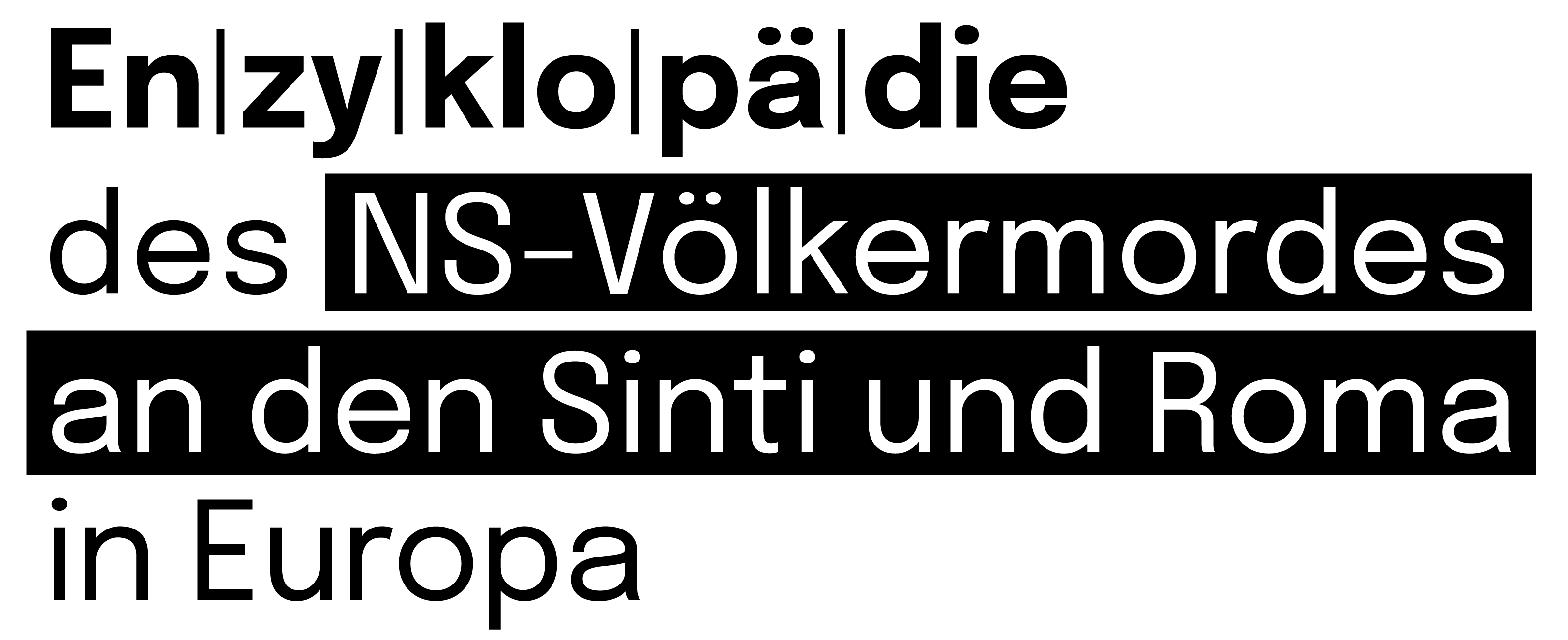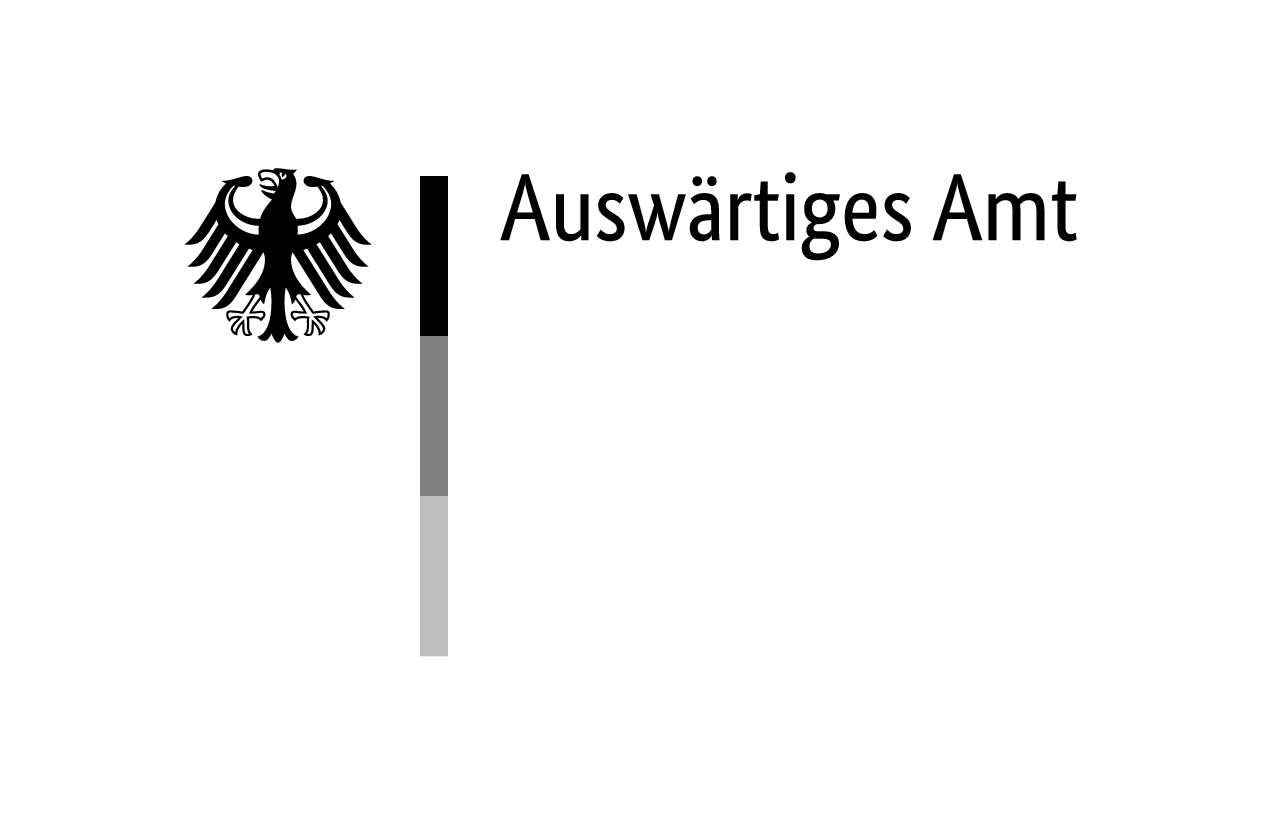Maria Braidich was born on 22 January 1904 (1903 according to other sources) in the small town of Gor Lakovnice, now Gorenje Lakovnice (Novo Mesto, Slovenia). Her parents were Roma who were itinerant traders in the Ljubljana area. She married an unnamed Gadjo (non-Rom), who joined the Slovenian resistance after the annexation of the Province of Ljubljana by Italy. While her husband was a partisan, Maria Braidich provided for herself and her eight children.
In 1942, she and her children were arrested by Italian soldiers and imprisoned in Ljubljana prison. From there, they were deported to the concentration camp (campo di concentramento) Arbe [Croatian: Rab] in Dalmatia. Other relatives were interned in Italy.
Internment in Arbe and Gonars
Maria Braidich and her children remained in Arbe for four months in extremely harsh conditions. They slept on straw beds in tents and were given very little to eat. The children were able to survive thanks to one of the camp cooks who slipped them some food. In autumn 1942, most of the women and children in the Arbe camp, including Maria and her children, were transferred to the Gonars camp in the province of Udine. In Gonars, all the internees were housed in barracks; the food was insufficient and of very poor quality.
Deportation to Ravensbrück
After the announcement of the armistice between Italy and the Allies (8 September 1943), the internees were able to leave the camp. Maria Braidich and her children joined other Roma; they travelled on foot through the rural areas of Friuli and peddled to make a living.
Maria Braidich was eventually arrested by the German police, taken to the ‘Piave’ barracks in Palmanova and transferred from there to Udine, where she remained in prison for about a month. She was then taken to Ravensbrück concentration camp, leaving Trieste on 11 January 1945 (with a stopover in Udine) on a transport which contained around 40 deportees designated as ‘political’.
In addition to Maria Braidich, there were two other Romnja on the same transport: Emma ‘Wilma’ Braidich (1921/22–unknown) and Maria Levacovich (1903–unknown). They were all transferred to Bergen-Belsen between February and March 1945 and liberated there on 15 April.1Arolsen Archives, Tracing and documentation case no. 1.838.237 for Levakovic, Maria, 6.3.3.2/ITS Digital Archive; Tracing and documentation case no. 1.119.626 for Braidich, Maria, 6.3.3.2/ITS Digital Archive; Tracing and documentation case no. 1.054.796 for Braidich, Emma, 6.3.3.2/ITS Digital Archive. Mantelli’s and Tranfaglia’s book does not mention the internment of the three women in Bergen-Belsen (Il libro die deportati, vol. 1, 382).
Liberation and Testimony
After her liberation, Maria Braidich returned to Ljubljana and then decided to go to Italy, where she found her children.
In the 1980s, Maria Braidich moved to a ‘nomad camp’ set up by the city council of Udine. There she was interviewed by the partisan Rosa Cantoni (1913–2009), also a survivor of Ravensbrück, for a project by the Istituto Friulano per la Storia del Movimento di Liberazione [Friulian Institute for the History of the Liberation Movement].2ANED, Interview with Maria Braidich. The interview was published in 1984, making it one of the early testimonies to the deportation of Roma from Italy.
In 2005, Stanka Braidich (1930–2005), one of Maria Braidich’s daughters, reported on the history of her family to the historian Andrea Giuseppini (born 1962).3Braidich, “Interview (Audio Documentation).” The date and place of Maria Braidich’s death are not known.




